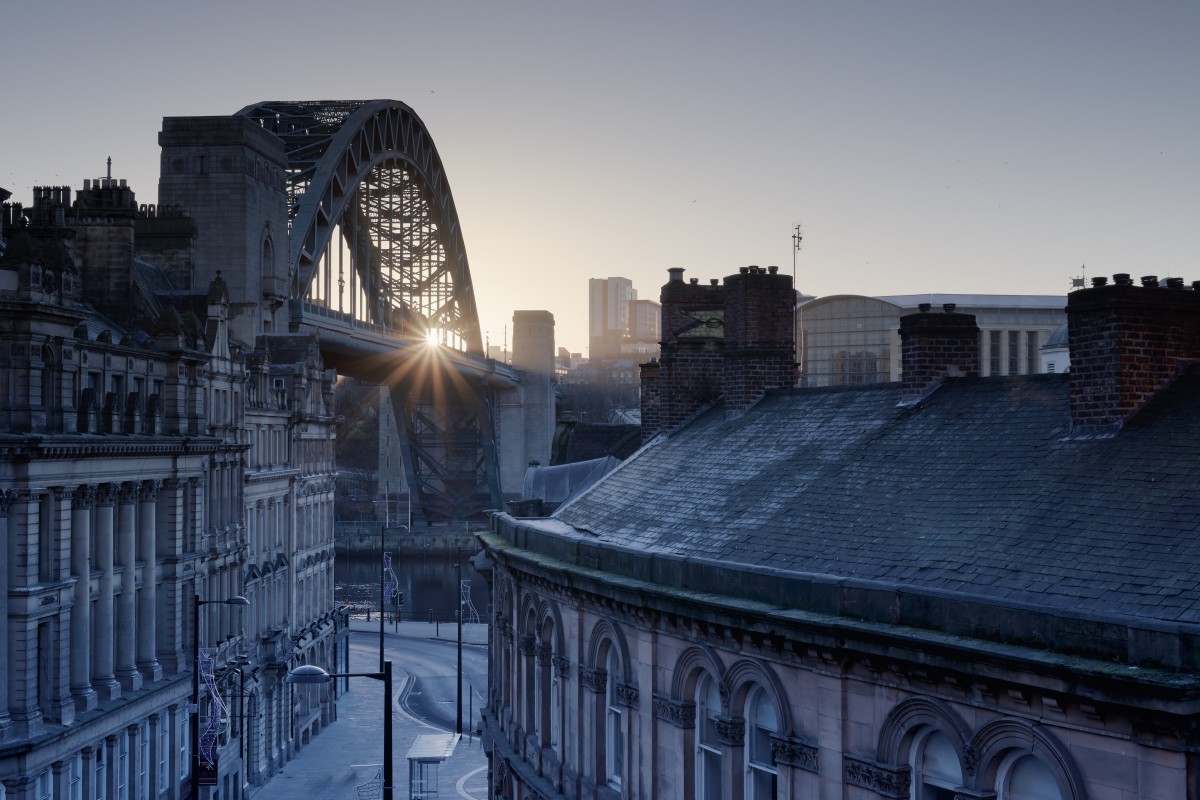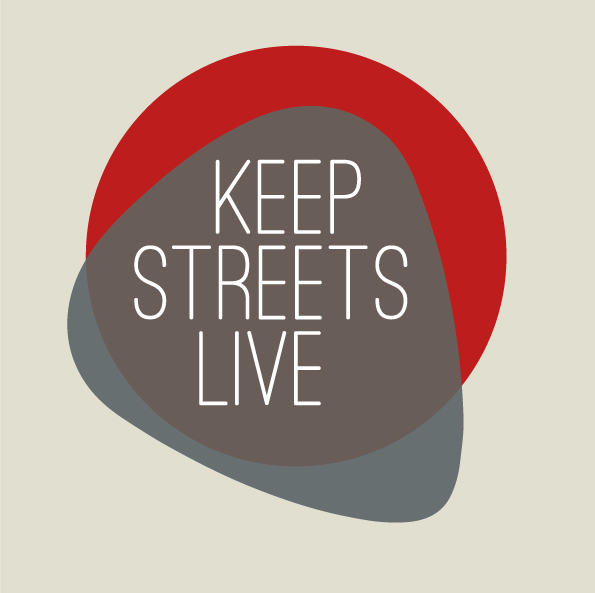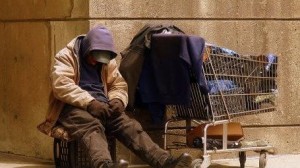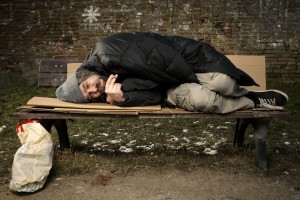KSL Official Consultation Response to Newcastle City Council’s Authoritarian PSPO Proposal

Newcastle City Council’s attack on street culture
Please sign our petition against Labour-led Newcastle City Council’s proposals to make it a criminal offence to busk anywhere in the city after 8pm and to fine beggars up to £1000 and give them a criminal record as well as making it a criminal offence to raise funds for charity too ‘assertively’.
In 2015 Newcastle City Council published a document entitled ‘Vision for Culture’ which had the ambition of creating a city buzzing with creative spirit, offering opportunities for everyone to play their part in creating our culture – continuing to make ours one of the most vibrant cities in Europe. This laudable ambition jars with an authoritarian proposal that would make it a criminal offence to play music or sing songs anywhere on the streets of Newcastle after 8pm, despite clear evidence that buskers make the streets safer and less alienating places, especially at night when genuine antisocial behaviour such as physical violence is much more likely.
What can be done?
The Keep Streets Live Campaign exists to advocate for public spaces that are open to informal offerings of art and music and other community uses. We are against measures that criminalise destitute and marginalised people, and believe that Newcastle’s plans, whatever the council’s underlying motivation, will have a devastating impact upon some of the most vulnerable people in society, whilst also criminalising important cultural activities such as busking. The council are running an online consultation about the proposals which closes on February 8th, and it is vitally important that as many people as possible complete the consultation and inform the council that these draconian and authoritarian measures do not have public support.
You can complete the online consultation on the council website here:
https://letstalknewcastle.co.uk/surveys/info/331
We have completed our submission to the consultation and are publishing our responses below for the public record. Please feel free to use our responses as a reference/guide when you complete your submission. It clearly explains the reasons why we are opposed to this PSPO.
If you can, please take a few minutes and complete this consultation, it will make a big difference, and your voice does matter.
KSL Official Response to Consultation
- What do you think of the first set of potential things covered in the PSPO? Please tell us your comments on begging:
I am the founder and the director of the Keep Streets Live Campaign, a not for profit company which exists to advocate for public spaces which are open to the arts and other community uses. We are opposed to the use of a PSPO in its entirety in Newcastle because the powers are too wide-ranging and open to misuse. We will indicate separately why we oppose each different aspect of the PSPO in each section, Including begging in the PSPO will impact the poorest and most vulnerable members of society in a disproportionate and manifestly unjust way. The vast majority of people who beg are highly vulnerable and often destitute and are reduced to begging in order to obtain food and shelter. The proposal would mean that a person sat down, without causing any issues to any other person, could face a criminal fine of up to £1000 and a court action which would, in itself, be costly and would in no meaningful way change their behaviour because they would now have a fine that they could not possibly pay, as well as a criminal record which would cause them to be more marginalised and isolated from society. Additionally begging is already illegal under the 1824 Vagrancy Act which gives the police ample powers to seek to prosecute persons for begging if it was deemed to be in the public interest. Instead of giving an enormous range of new delegated powers to council officials which could see a large number of fixed penalty notices given to people with no ability to pay them and a resultant rise in costly magistrate’s court hearings and the mixing up of vulnerable people in the criminal justice system, the council and the police should focus purely on the small minority of people who combine begging with genuinely aggressive and intimidating behaviour and use existing legislation to target those individuals rather than creating a new criminal offence.
2.) Please give us your views on assertive or aggressive (commercial or charity) collection or soliciting for money on the street (this is sometimes called ‘chugging’):
Once again the wording of this prohibition is dangerously vague and open-ended and creates a potentially ambiguous criminal offence of ‘assertive’ charity collection. What objective standard of ‘assertiveness’ or ‘aggressiveness’ is being proposed to evaluate an offence which carries a criminal record and fines of up to £1000? Why is existing public order legislation such as the Public Order Act 1986 which created the offence of causing ‘alarm, harassment or distress’ insufficient to address a situation where there were concerns about the approach of a charity collector? What standard of evidence will be used to establish that this ‘offence’ has occurred? This has been poorly thought through and is most probably unlawful, and would be open to legal challenge.
3.) Please give us your views on busking after 8PM
All mention of busking should be removed from the PSPO.
The Live Music Act 2012, introduced to support the UK cultural economy and promote live music allows for unlicensed performances of live music between 8am and 11pm. The proposal to make busking after 8pm unlawful in Newcastle city centre creates a totally unnecessary and arbitrary criminal offence which will affect the cultural life of the city and puts Newcastle’s regulatory approach at odds with well established norms across the United Kingdom. Busking in the evening creates a sense of colour, atmosphere and place in cities and makes the streets safer. People who walk alone on city streets in the evening report that buskers make them feel safer and make places more welcoming. Additionally there is a wide array of existing legislation such as the Environmental Protection Act 1990 that can be used to address noise nuisance, regardless of the time of day or night. Including busking after 8pm on the PSPO would mean that a busker could be committing a criminal offence just for playing after 8pm, even if no nuisance has been caused to any person and no complaints have been made. This is an arbitrary and perverse outcome and will undermine respect for the rule of law. Newcastle City Council should work alongside the Musician’s Union the Keep Streets Live Campaign to introduce new guidance for busking, designed to promote good practise for buskers regardless of the time of day, and set out clear guidance for resolving disputes amicably. This has been and is being done successfully in Liverpool, York, Chester, Canterbury, Birmingham and elsewhere.
4. Please give us your views on continuing the existing on-street alcohol ban:
Whilst the proposed powers could in theory apply to a young couple who had bought a bottle of Prosecco for an impromptu summer picnic on the green, these powers could easily be and will most probably be used to target vulnerable and marginalised persons, such as homeless or vulnerably housed persons, or people with mental health problems. Whilst no one could reasonably object to a person facing enforcement action if their behaviour causes alarm, harassment or distress to others, this measure, in contrast allows council officers to target people solely on the basis that they have ‘reasonable grounds’ to believe that they will use an intoxicating substance within the PSPO area. This power would allow officers to seize legally purchased and unopened bottles containing alcohol, even if the person wasn’t drinking the alcohol at the time. As such, it is an unwarranted interference with the personal freedoms of individuals. Also there is no clear mechanism for an officer to establish beyond doubt that a so-called intoxicating substance has not been obtained lawfully and for a lawful, medicinal purpose. The PSPO creates a blanket power which is open to potential misuse. It would be better for the council and the police to focus upon known individuals whose actual behaviour is having a detrimental impact on the local community. These known individuals could be targeted rather than a blanket power which applies to every person, even if their behaviour is having no detrimental impact on any person.
5. Please give us your views on the taking, sale and / or provision of NPS (new psychoactive substances, sometimes called ‘legal highs’):
See above (4) for main response.
In addition, national legislation on this issue is coming into effect this year which the PSPO, at best, duplicates without the safeguards contained in the Act of Parliament.
6.) Are there other things you would like to see included in a PSPO that you feel are detrimental to the quality of life for residents or people visiting Newcastle? Please give us your views:
No
7.) Do you have any other comments about this?
The Keep Streets Live Campaign believes that the use of Public Space Protection Orders is fundamentally problematic because they are open to misuse and create a high risk of criminalising vulnerable people unnecessarily. They create arbitrary new criminal offences from activities that are not, in themselves, harmful, and are, in fact, often beneficial such as ‘busking after 8pm’. They allow council officers and PCSOs to hand out Fixed Penalty Notices on the spot, removing due process and meaning that, a destitute and homeless person fined for begging for example, could end up in a magistrate’s court with a fine they cannot hope to pay, trapping them further into a cycle of deprivation and criminalisation. In addition, the PSPO duplicates existing laws by including offences that are already illegal under existing legislation. This is unnecessary and counterproductive. The council should not implement a PSPO in Newcastle and should, instead, focus on known individuals whose are causing persistent antisocial behaviour and take targeted enforcement action against those persons using existing legislation. With regards to busking and chugging the council should work alongside buskers, professional bodies such as the Musician’s Union to develop a code of practise which establishes clear guidelines and expectations for harmonious relations in the city.








